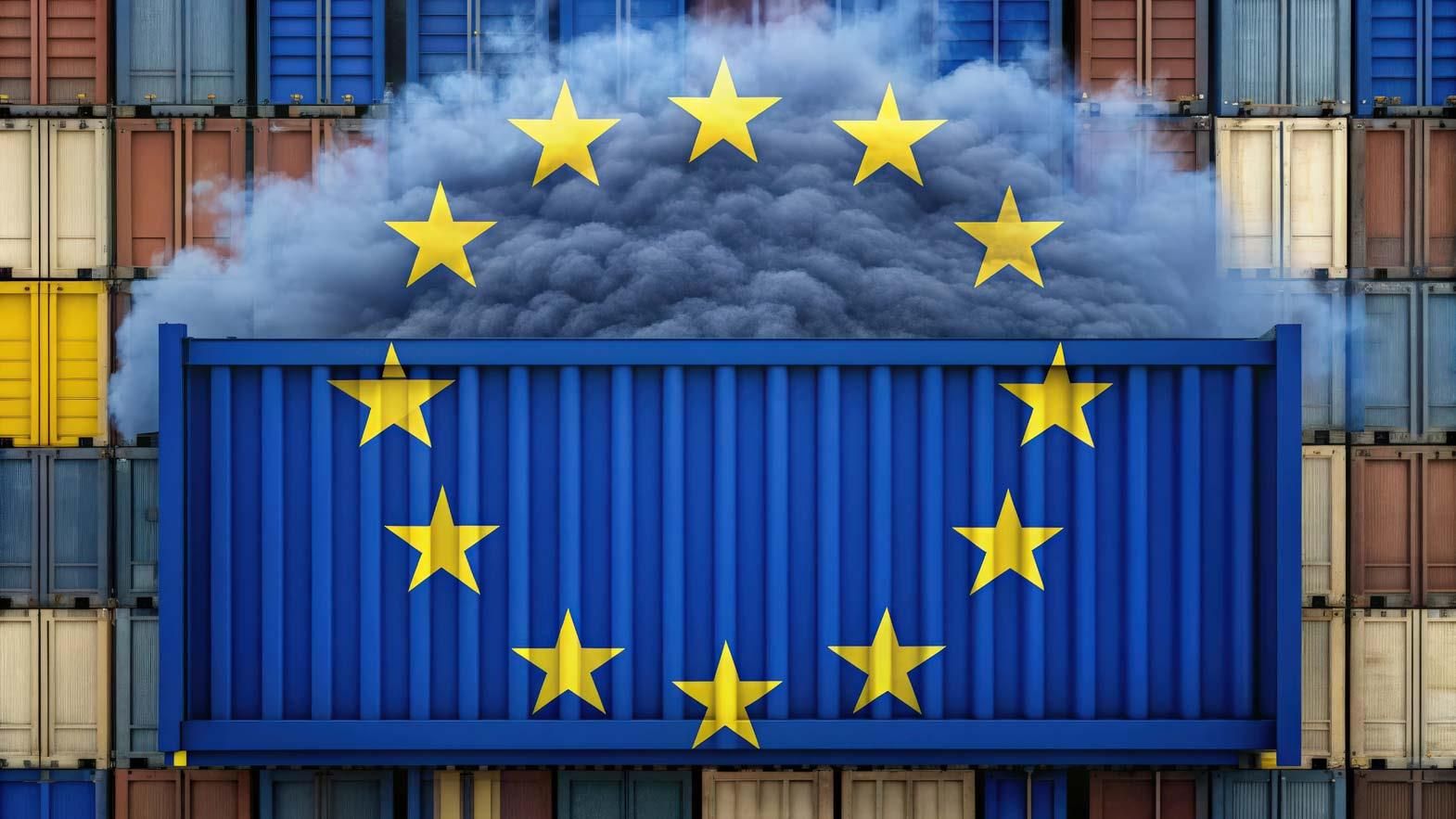Arnaud Montebourg, in his first interview as Minister, known for his strong anti-globalization views, stated that the European Union (EU) would have to reconsider its liberal doctrine and that it should not be forbidden to support local industries. When questioned if this meant imposing tariffs on Chinese imports, Montebourg referred to the carbon measure as an "external tax" and mentioned that the plan was already being discussed within the European Commission.
Former French President Nicolas Sarkozy had also advocated for a carbon border tariff in 2009 before the UN climate talks in Copenhagen, with the aim of preventing industries from relocating to countries with less stringent environmental laws. However, this idea was widely rejected by other EU member states as protectionist. Sweden, which held the EU presidency at the time, was concerned that such a measure might weaken Europe's negotiating position at the Copenhagen summit, and the concept was criticized by some as "eco-imperialism."
Following the failed talks in Copenhagen, France rebranded the idea as a "carbon inclusion mechanism." This mechanism would require importers to purchase pollution permits from the EU's emissions trading scheme (EU-ETS). The French government suggested that this proposal could incentivize emerging economies like India to participate in international negotiations on climate change. In 2010, the French Permanent Representation to the EU circulated a "briefing note" in Brussels to explain how this mechanism might operate.
French diplomats had defended the 2010 proposal, maintaining that the status quo rewards countries for refusing to cut emissions. One diplomat asserted that the current EU approach, which results in EU products that is comparatively more expensive, essentially tells countries, "If you dont reduce your emissions sufficiently, you will not have favourable access to the European market."
Currently, certain EU industries pay for permits to emit carbon dioxide under
the EU-ETS, the emissions trading scheme. The EU is also working on a plan that
would create an internal European minimum carbon tax for industries that fall
outside the scheme.
Related to Arnaud Montebourgs recent statement, the French environment
minister Jean-Louis Borloo has also recently stated that a properly constructed
carbon tariff would not contravene international trade rules, but rather merely
level the playing field.
Despite Arnaud Montebourg's strong language, one should know that there is not
yet widespread support for such a proposal. EU Trade Commissioner Karel De
Gucht has warned that a carbon border tax could lead to a "trade war,"
and EU Climate Action Commissioner Connie Hedegaard believes that an
international deal on climate change, not a carbon border tax, should be the
current priority. Additionally, unilateral measures such as this one have
traditionally been met with strong resistance from developing countries.
Climate negotiators meeting in Bonn last month stressed that this is a matter
best addressed by the UN Framework Convention on Climate Change (UNFCCC).
Nevertheless, the European Commission has recently taken steps toward
alleviating what it views as unfair competition in other areas. In March 2012,
the Commission announced a proposal for "reciprocity" that would
block non-EU companies from bidding on government contracts if EU firms
continue to be overlooked by governments abroad, particularly in mainland China
and the United States.
This article was originally published in the Stitch Times, July, 2012.








Comments